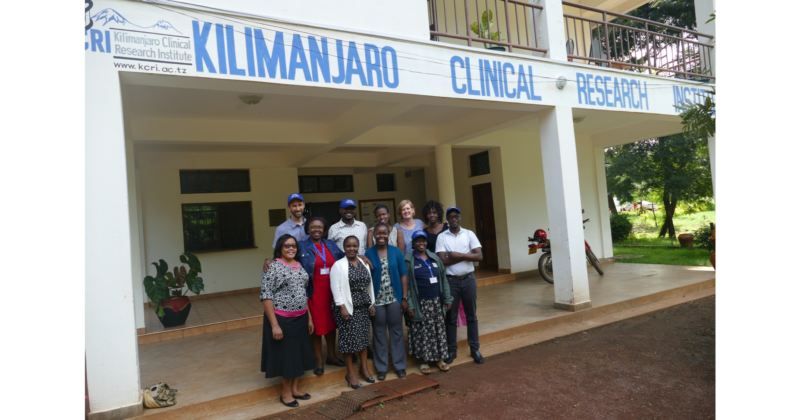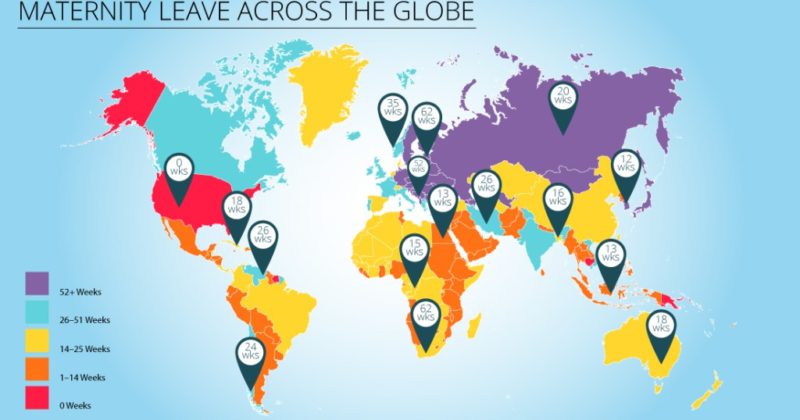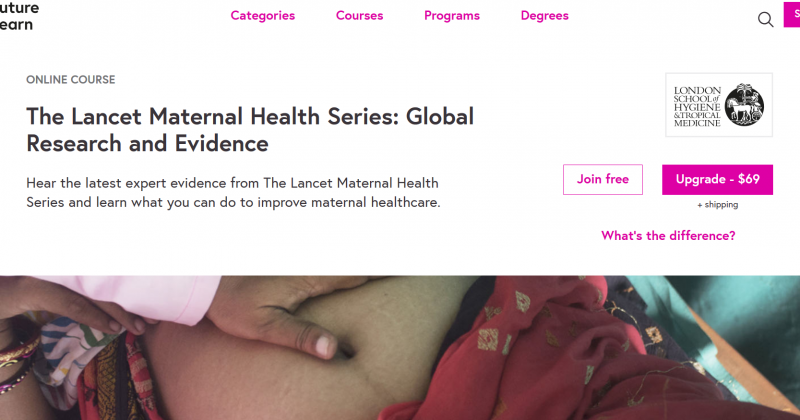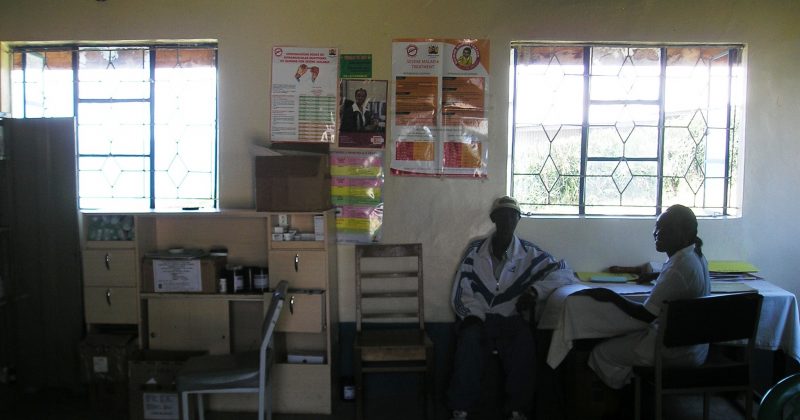
Partner Updates: Tanzania
Dr. Sia Msuya Dr. Msuya is the Director of Public Health, KCMU College, Moshi, Tanzania. On June 30th, 2018, she gave a keynote speech during the launching of the book titled “Climbing to the peak of learning success” by Jeremia J. Pyuza at KCMC Conference Hall. In her remarks, Dr. Msuya encouraged young people on the importance of mentorship—how mentors can help guide small thoughts into more innovative ideas to share. She encouraged young people to be proud of their ideas and to share them with others to combine various strengths for improved collaboration. In order to become an excellent author, Dr. Msuya states that an individual has to have passion—passion to share, passion to search for knowledge no matter how small it may be. The journey may be hard and long, and most times, we have hindrances before the journey even begins. However, in these instances, we should instead take responsibility and accountability for every opportunity we have and use it...









